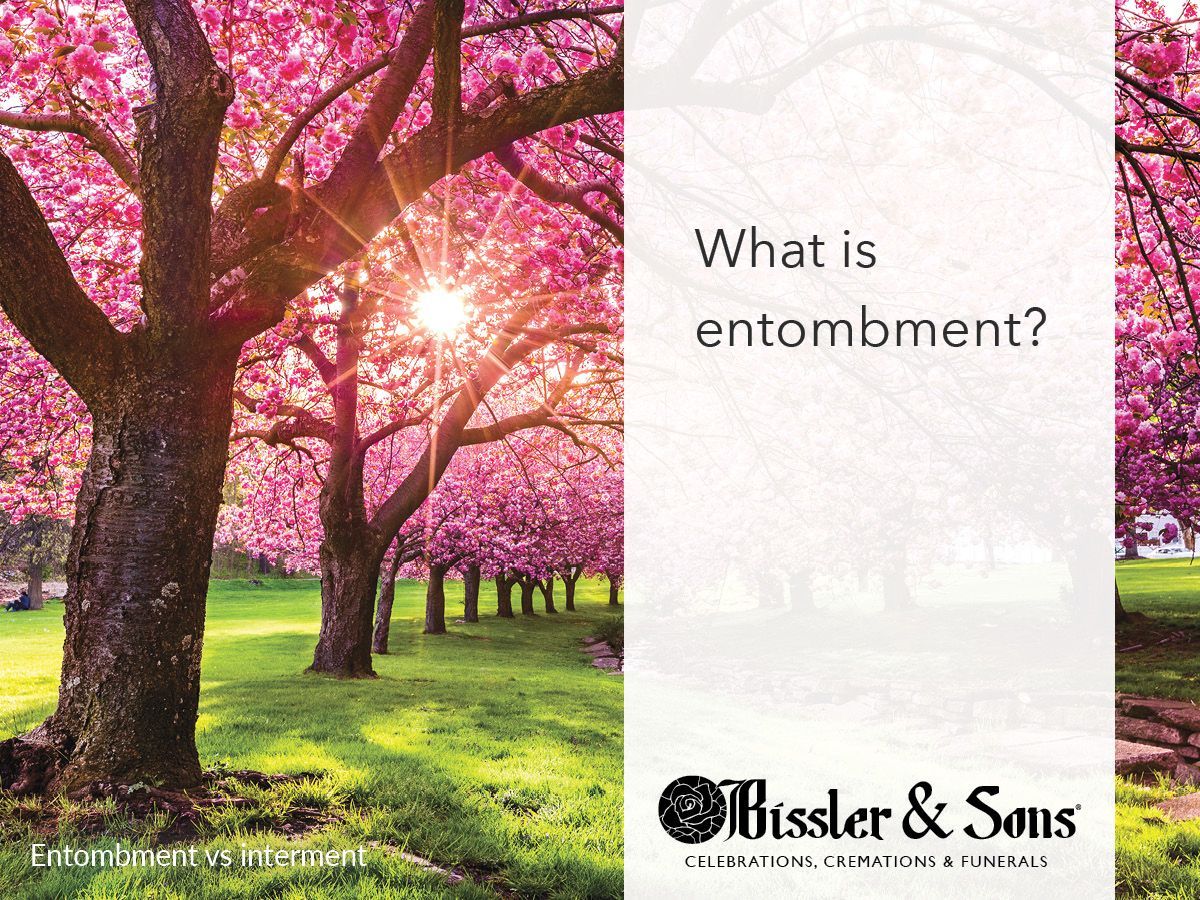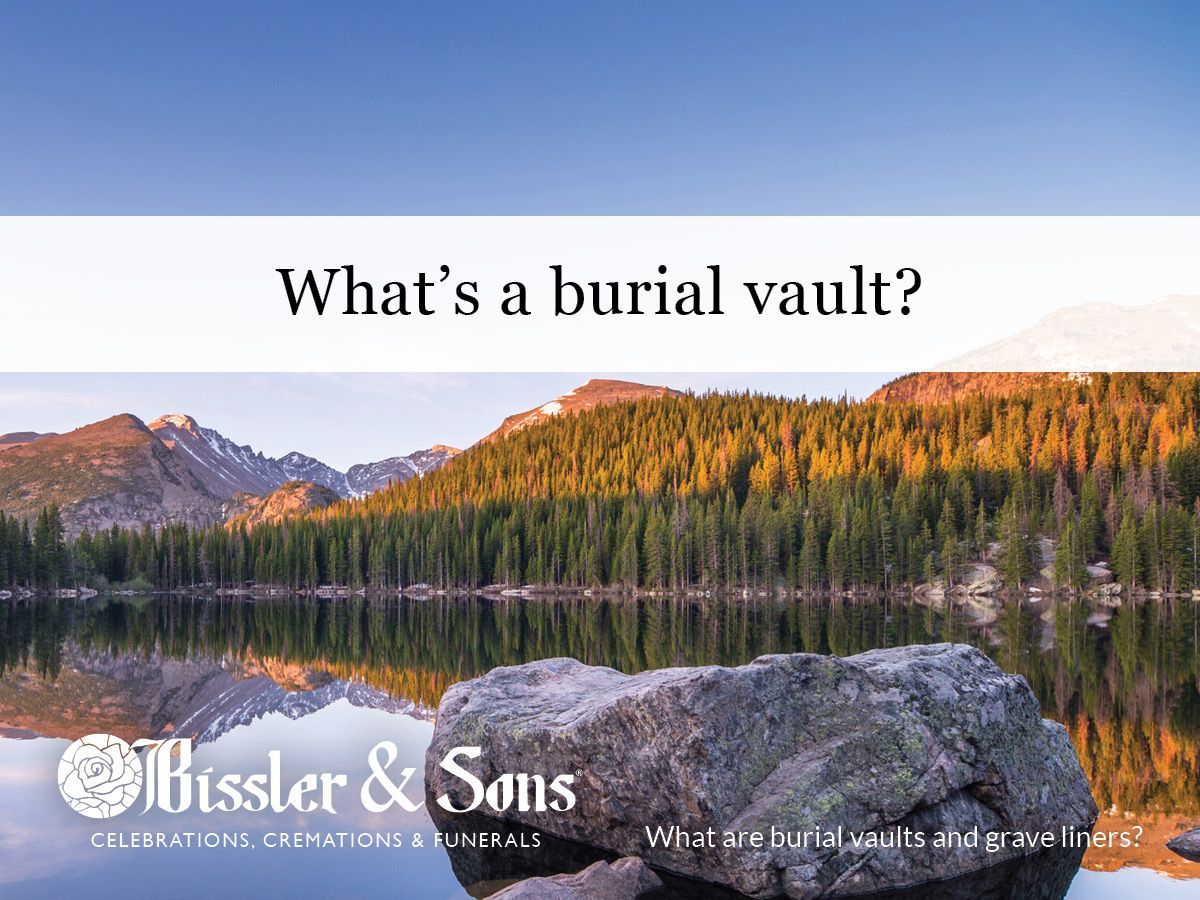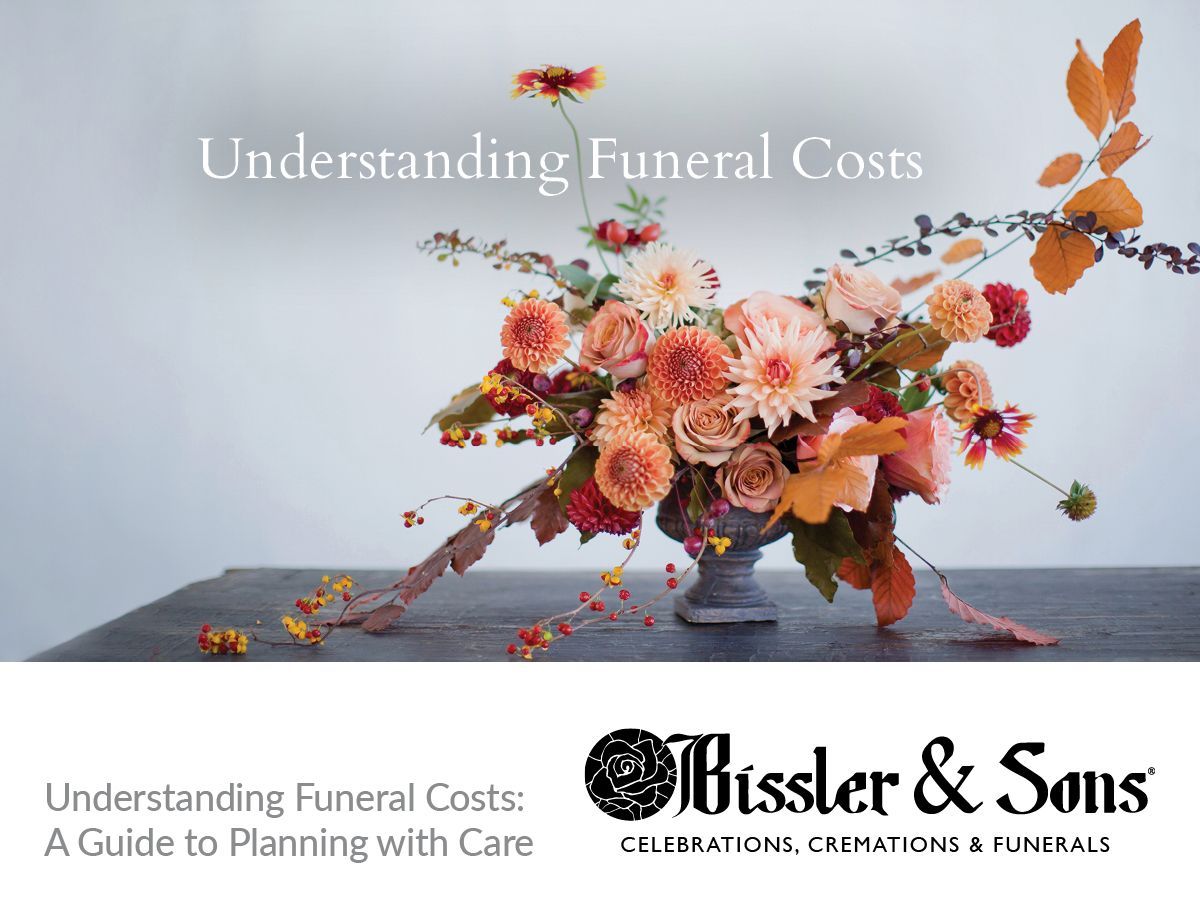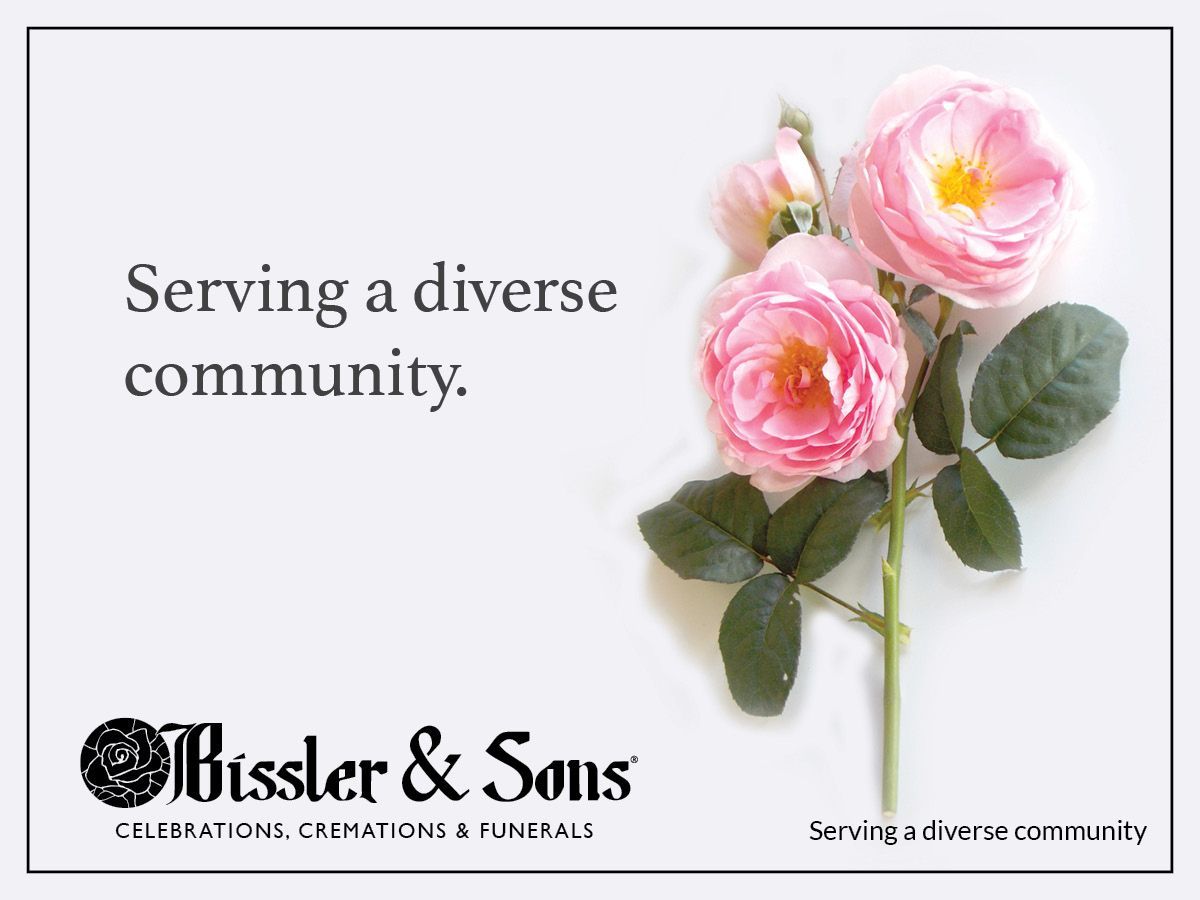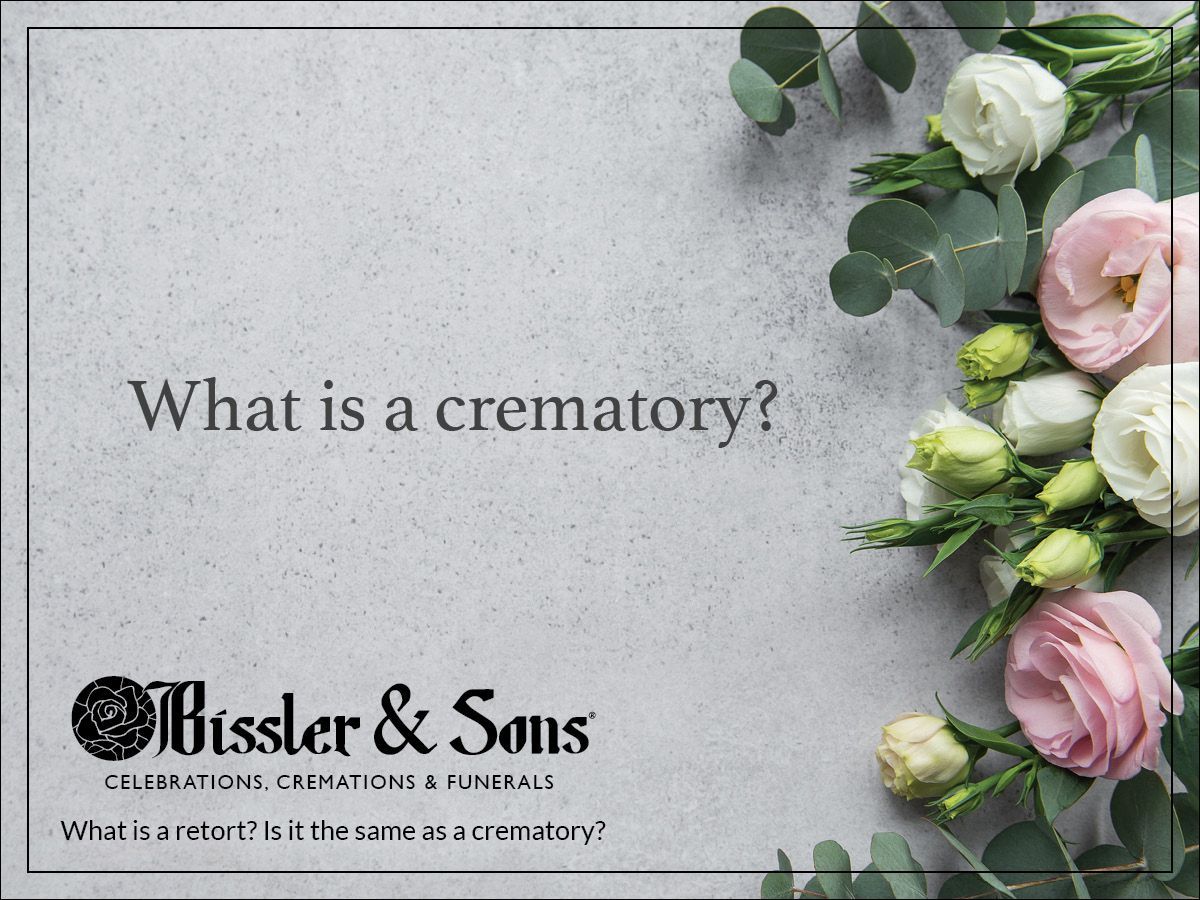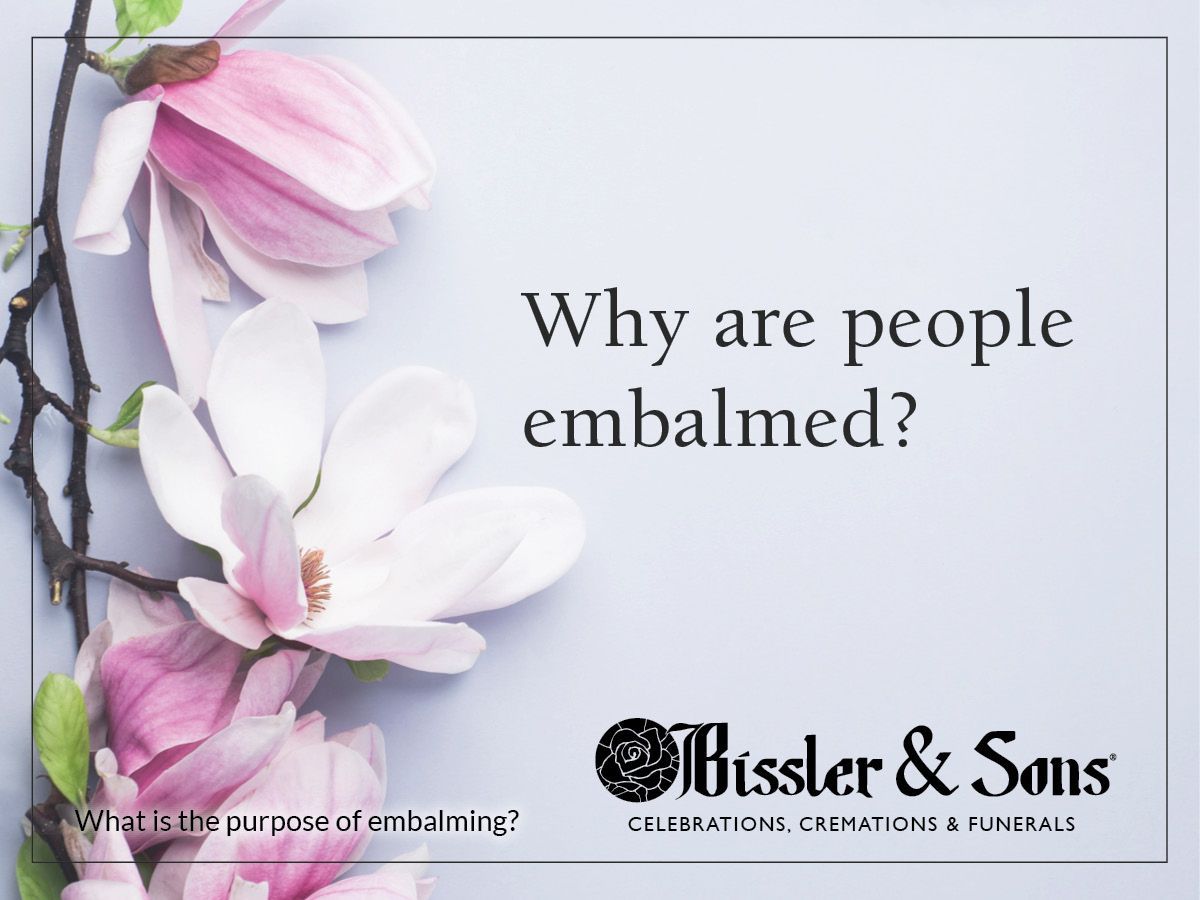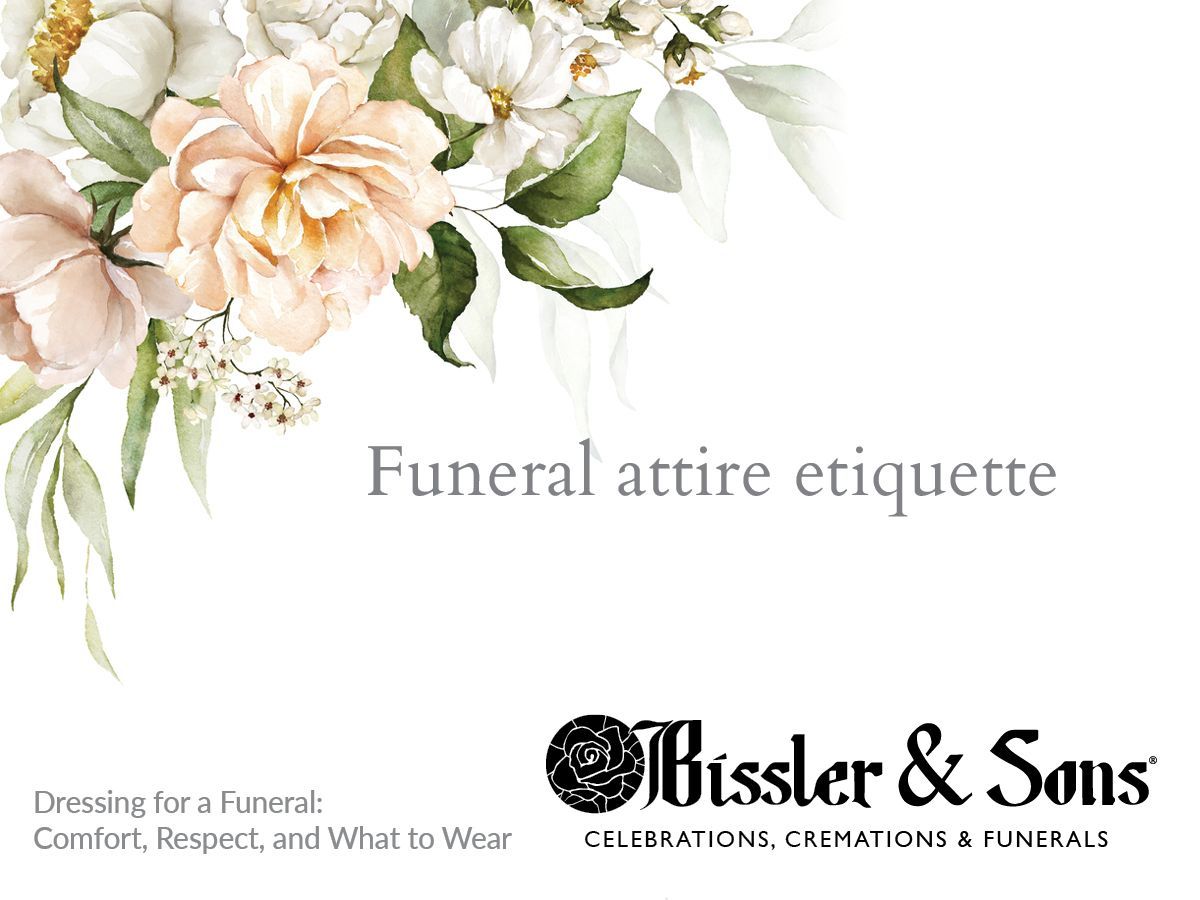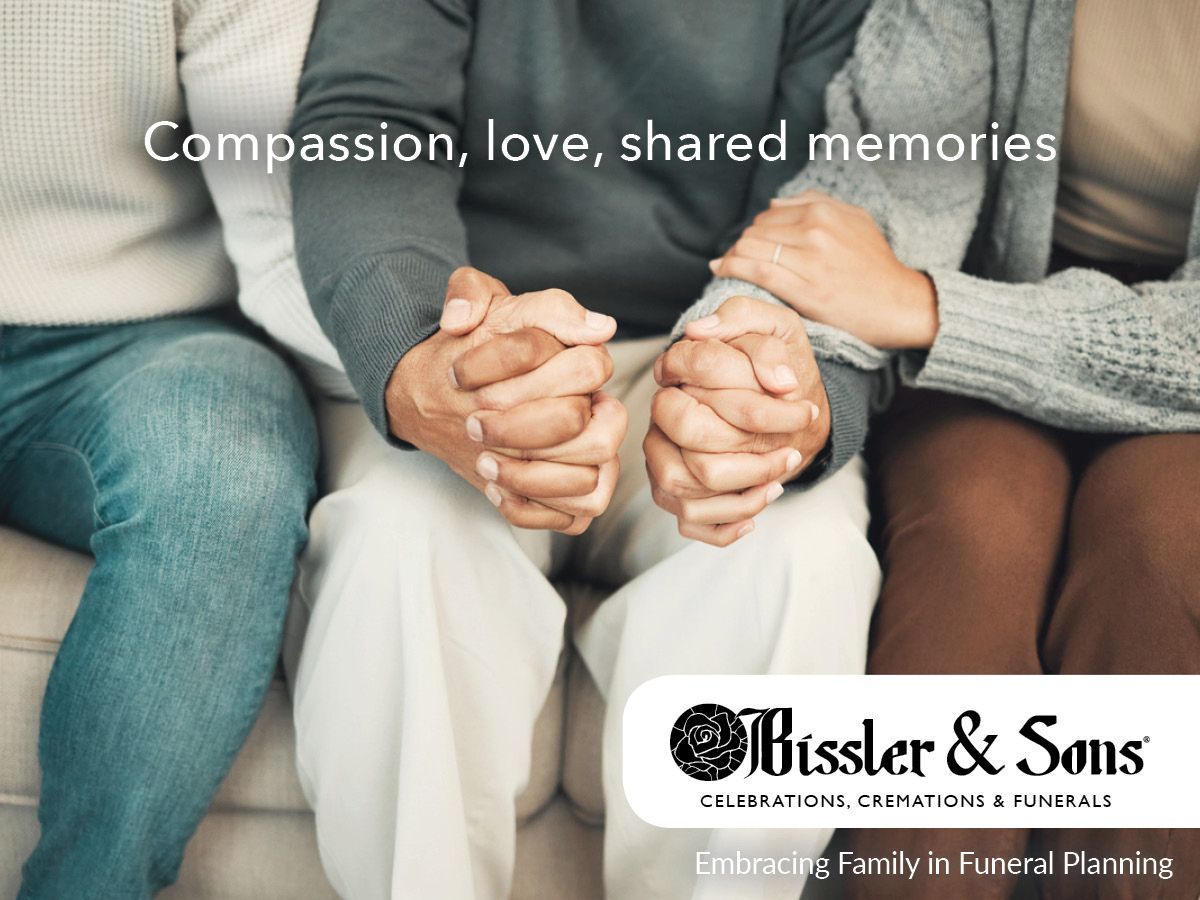What Happens at a Visitation?
Human beings are social. We crave the company of others. During times of stress our friends comfort us, they listen to us, and share our troubles. When someone we love dies, we need our people.
Many faith communities, both ancient and modern, understand this need. They have, as a part of their death care ritual, a time for the bereaved to receive friends. This may take place before a funeral service, or in some religions the time for the bereaved to mingle with friends takes place after the funeral service and burial.
Dr Alan D Wolfelt describes a mourning ritual as a “symbolic activity that helps us, together with our families and friends, express our deepest thoughts and feelings about life’s most important events.” In Jewish tradition, the family “sits shiva” for seven days following the service and burial. Irish Catholics gather for a “wake.”
Visitation is a mourning ritual.
A Visitation is the less formal part of a funeral. It often takes place the evening or morning before the more structured part of the funeral service. The Visitation provides the opportunity for friends of the bereaved family to offer condolences, hugs, and express their love and respect for the person who died.
It is also a time for people who knew the person who died but perhaps are not known to the family to express their feelings to the family. This opportunity to feel the embrace and hear the words of people who knew the one we loved is a very powerful, sometimes overlooked, and often most healing part of the funeral ritual.
When a daughter or husband meets someone outside of the family who knew their mother as a co-worker or mentor or teacher and hears how the mother they loved impacted this other life, it has deep meaning. For many it is the most powerful, most comforting, aspect of the funeral ritual.
Each part of the funeral - the religious traditions, the eulogy, the celebration of the life, the burial or cremation and the visitation - has a purpose. If you are planning a funeral for a loved one, speak with your funeral director about all of the parts of the mourning ritual.
If you are attending a visitation, prepare before you go. Think about the person who died. How did you know them? Did they teach you? Did they help you? Did they comfort you? Did they make you laugh? Did they make your day better? When you attend the visitation, be sure to make the effort to introduce yourself to family members and share how you knew their loved one and how he or she made you feel, made you better, or made you laugh.
